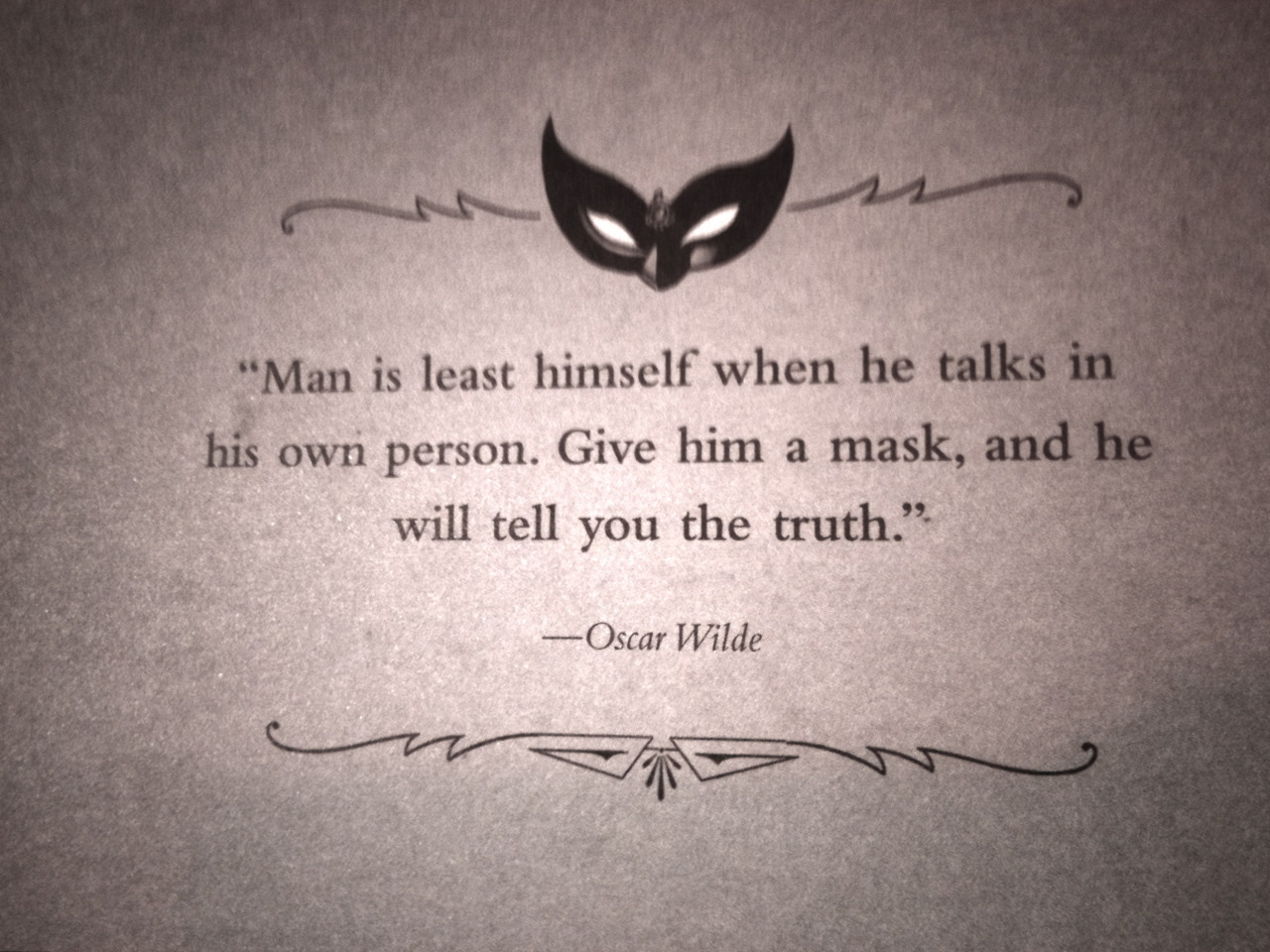In a prior post, I argued for the claim that it is better never for a hypothetical person called Brief Inconsolable never to be brought into existence. In this post, I’ll move that suggestion forward bit and suggest that it would be better for any person can be expected to have a life that is on balance, suffering, which operationally would seem to mean any person who, as a statistical matter, could be expeted to have a life determined to be on balance suffering by the Break-Even Heuristic.
Why should it be better not to have been if your life were on balance, suffering? Consider this: there is no suffering in non-eistence. You did not exist for a vast amount of time before you were born, and you did not suffer then (which is how, I think, Schopenhauer can refer so easily to the die Selige Ruhe des Nichts, “the blessed calm of non-existence.”) If you think about how you rationally make decisions in your own life, the only thing that generally justifies unpleasant experiences (assuming no net harm or benefit to others) are the promise of good ones of sufficient magnitude in the future. (And so we do things like diet, exercise, undergo unpleasant medical tests, work at unpleasant jobs, etc., in hopes of avoiding worse if we do not do these things). But in a life that is on balance suffering, there is a surplus of suffering that isn’t compensated for by anything.
What is more, brining someone into existence means almost invariably harming them, becaue we know that they are going to suffer in their lives. A good person does make others suffer, unless again there are benefits that somehow outweigh that suffering. But if someone’s future life is going to be on balance suffering, then by definition this will not be the case, at least for that person. (Let us leave aside complicated matters here such as the benefits that might accrue to other persons from a given person’s existence.)
In another earlier post, I suggested that I think that my life is in many ways much better than most people who have ever lived, but at the same time that I thought, though an application of the Break-Even Heuristic, that my life was on balance suffering. Some startling conclusions follow from these premises if they are correct. One is that I believe that it would have been better for me if I had never come into existence. Counterintuitive though it may seem, this is pretty much exactly what I do think bout myself. Another, nastier conclusion is that I think it would also be (at the very least) better for most people if they had never come into existence. (Better for them each considered as individual human beings, not better for other people, or “humankind” or any other such abstract entity.)
And thus I find that I am an antinatalist of sorts. My antinatalism is a bit different from the sort that David Benatar defends. Benatar has a view on which coming into existence is always a harm and never right, He notes (correctly) that every human life, even those that go very well, has at least some suffering in it. Many people have a view — call it the “Make-Up View” — on which the good things in life, at least if there are enough of them, somehow make up for the suffering and make life worth living. Benatar rejects the Make-Up View, arguing that there is an asymmetry between good things and bad things in life. The absence of bad things is always good, but on his view the absence of good things is only bad if there is someone for whom they are a deprivation. No person, no deprivation, only good. If there is a person, there is always bad. The good things in life are on Benatar’s view not an advantage to people who actually exist over people who do not exist. People interested in the technical details of Banatar’s argument are urged to consult his book on the subject, especially Chapter Two, therein. I can’t really do the argument justice here, but I can note that it does have a curious, and I think significantly counterintuitive implication of its own, which is that it would lead us to conclude that even superlative lives would be best unbegun. Consider a person we’ll call One Pinprick, who has a wonderful, joyous life except that one on single sunny summer afternoon out of thousands in her life, as she reaches to pick a rose she pricks her finger and it stings a little. That’s the extent of One Pinprick’s life’s suffering, but on Benatar’s view, it would have been better even for her never to have been.
That makes Benatar a hard antinatalist indeed! I am by contrast a soft antinatalist, as I am at least open to the possibility that there are lifes good enough to be started. I just don’t think that I have one, or that most other people do as well.


